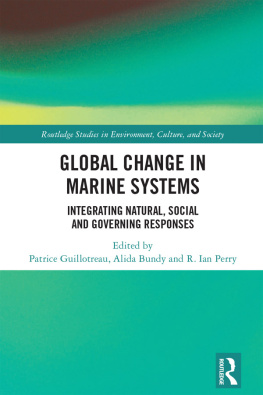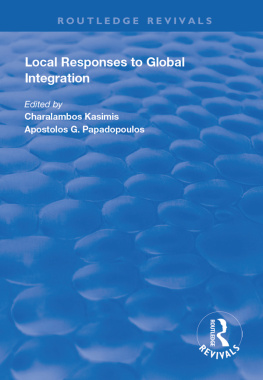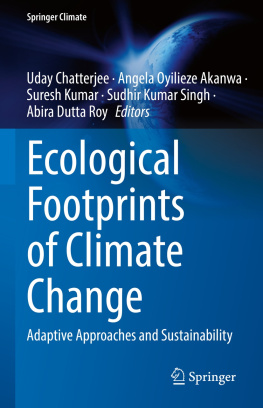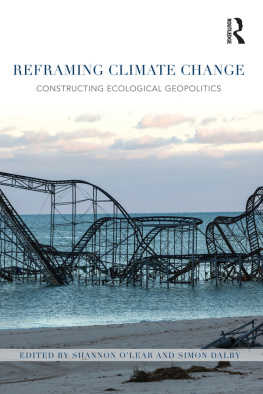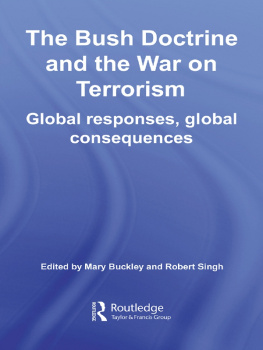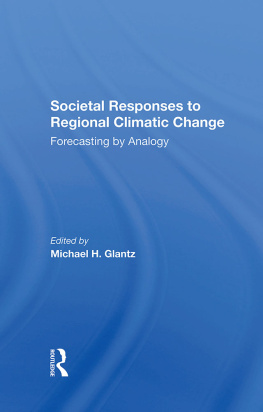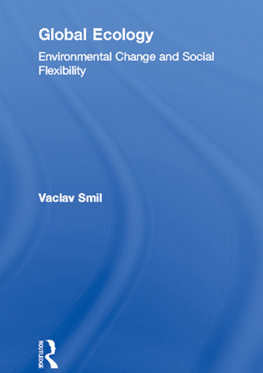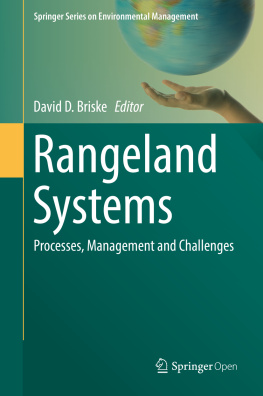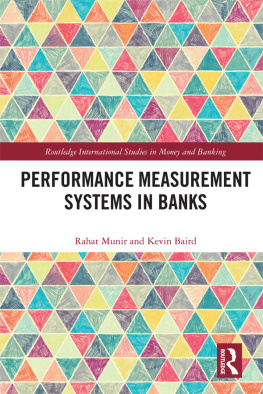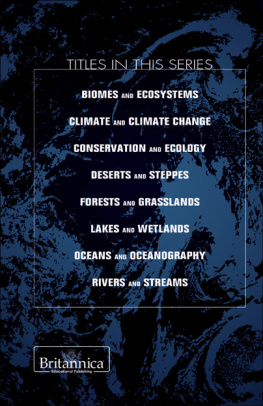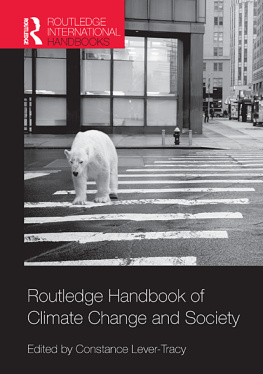Global Change in Marine Systems
Marine social and ecological systems around the world face multiple natural and anthropogenic stressors associated with global change. The resulting changes can create hardship for local societies that depend on them for food, livelihoods and wellbeing. Knowing how to respond to global change in a timely and appropriate manner is increasingly occupying the attention of researchers, policy makers, decision makers and practitioners around the world.
Written by an international group of researchers from the natural and social sciences, Global Change in Marine Systems: Integrating Natural, Social and Governing Responses analyses and appraises societal and governing responses to change, highlighting and explaining similarities and distinctions between successful and less successful responses. The authors present I-ADApT, an analytical framework that enables decision makers to consider possible responses to global change based on experiences elsewhere. Within this volume, I-ADApT is applied to 20 enlightening case studies covering a wide range of marine systems that have been challenged by critical global change issues around the world.
Introducing innovative research to work towards a range of possible responses to global change, Global Change in Marine Systems: Integrating Natural, Social and Governing Responses will appeal to undergraduate and postgraduate students, as well as postdoctoral researchers and practitioners interested in fields such as Environment & Natural Resources, Marine Resources and Social Sciences.
Patrice Guillotreau is Professor of Economics at the University of Nantes, France.
Alida Bundy is a Research Scientist with Fisheries and Oceans Canada.
R. Ian Perry is a Research Scientist with Fisheries and Oceans Canada.
This book fills a gaping hole and comes at just the right time. Pulling together experience from a diverse set of examples from around the globe, across scales and cultures it provides a quick reference guide for managers and others interested in dealing with the effects of global change on marine socioecological systems. This is the kind of go-to guide that will see us jump from simply identifying problems to doing something about it and finding our way to robust solutions.
Beth Fulton, Research Group Leader Ecosystem Modelling and Risk Assessment, CSIRO Oceans and Atmosphere; Adjunct Professor Centre of Marine Socioecology, University of Tasmania
This is a brave, important attempt to deal with uncertainty in global fisheries. Using case studies from around the world, it seeks to come to grips with both the local and the global, generating a rich and sophisticated analysis that recognises the complexities inherent in global change for marine systems, their interdependent social systems and the range of governance behaviours that exist across the globe. Taking into account many aspects of the social-ecological systems involved (including such difficult issues as poverty, equity, gender, migration, power, biodiversity, for example) the authors make a compelling case for flexibility in the governance of social-ecological systems. They also make a convincing plea for a widely-informed context for scientific (including humanities and social sciences) research, through the use of a template that can point to strengths and weaknesses in such systems and hence provide guidance for policy makers as they wrestle with the seemingly intractable problems of marine ocean governance.
Rosemary E. Ommer, Adjunct Professor, Departments of History and Geography, University of Victoria, and University Grantscrafter, Office of Research Services
This unique and timely collection of case studies from many parts of the world has great value for people interested in how global change is affecting our marine ecological and social systems in ways that make them challenging to govern sustainably. While emphasizing on the importance of in-depth disciplinary perspectives, it also applies an innovative framework for cross-disciplinary analysis, which the governability of these systems requires. Thus, the book has important lessons for policy makers, management practitioners and academics alike.
Svein Jentoft, Professor, Faculty of Bioscience, Fisheries and Economics, Norwegian College of Fishery Science, UiT The Arctic University of Norway
Edited by leaders in the field of marine natural resource management, Global Change in Marine Systems: Societal and Governing Responses to gathers an impressive, international group of multidisciplinary researchers to demonstrate a novel analytical framework, I-ADApT. The rich case studies presented here will lead the way for anyone interested in truly addressing global change in our oceans. This important book synthesizes a vast amount of information and highlights lessons learned around the world. In doing so, it gives us the background, context and tools to confront some of the most pressing environmental issues of our time. The science presented here typifies the work that must be done to build sustainable healthy oceans for us and our grandchildren.
Phillip Levin, Lead Scientist and Professor-of-Practice, The Nature Conservancy, Washington Field Office and University of Washington
Routledge Studies in Environment, Culture, and Society
Series editors: Bernhard Glaeser and Heike Egner
This series opens up a forum for advances in environmental studies relating to society and its social, cultural, and economic underpinnings. The underlying assumption guiding this series is that there is an important, and so far little-explored, interaction between societal as well as cultural givens and the ways in which societies both create and respond to environmental issues. As such, this series encourages the exploration of the links between prevalent practices, beliefs and values, as differentially manifested in diverse societies, and the distinct ways in which those societies confront the environment.
1Human-Nature Interactions in the Anthropocene
Potentials of Social-Ecological Systems Analysis
Edited by Marion Glaser, Gesche Krause, Beate M. W. Ratter and Martin Welp
2Green Utopianism
Perspectives, Politics and Micro-Practices
Edited by Karin Bradley and Johan Hedrn
3Learning and Calamities
Practices, Interpretations, Patterns
Edited by Heike Egner, Marn Schorch and Martin Voss
4Trading Environments
Frontiers, Commercial Knowledge, and Environmental Transformation, 17501990
Edited by Gordon M. Winder and Andreas Dix
5Transdisciplinary Research and Sustainability
Collaboration,
Innovation and Transformation
Edited by Martina Padmanabhan
6Global Change in Marine Systems
Integrating Natural, Social and Governing Responses
Edited by Patrice Guillotreau, Alida Bundy and R. Ian Perry
Global Change in Marine Systems
Integrating Natural, Social and Governing Responses
Edited by Patrice Guillotreau, Alida Bundy and R. Ian Perry

First published 2018
by Routledge
2 Park Square, Milton Park, Abingdon, Oxon OX14 4RN
and by Routledge
711 Third Avenue, New York, NY 10017
Routledge is an imprint of the Taylor & Francis Group, an informa business
2018 selection and editorial matter, Patrice Guillotreau, Alida Bundy and R. Ian Perry; individual chapters, the contributors

